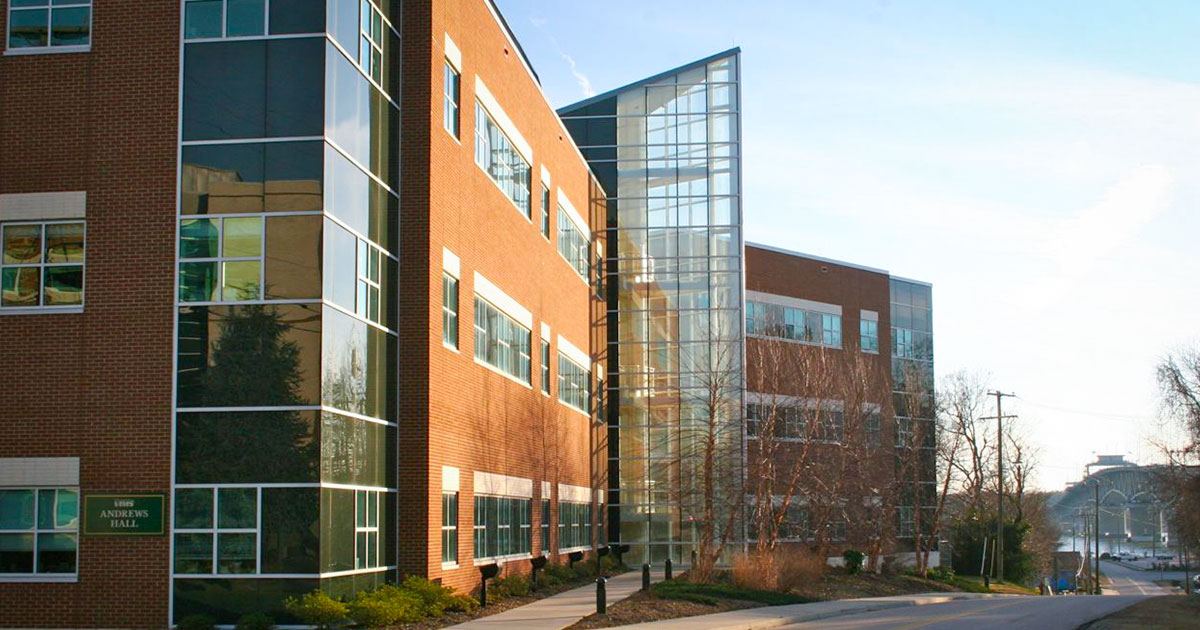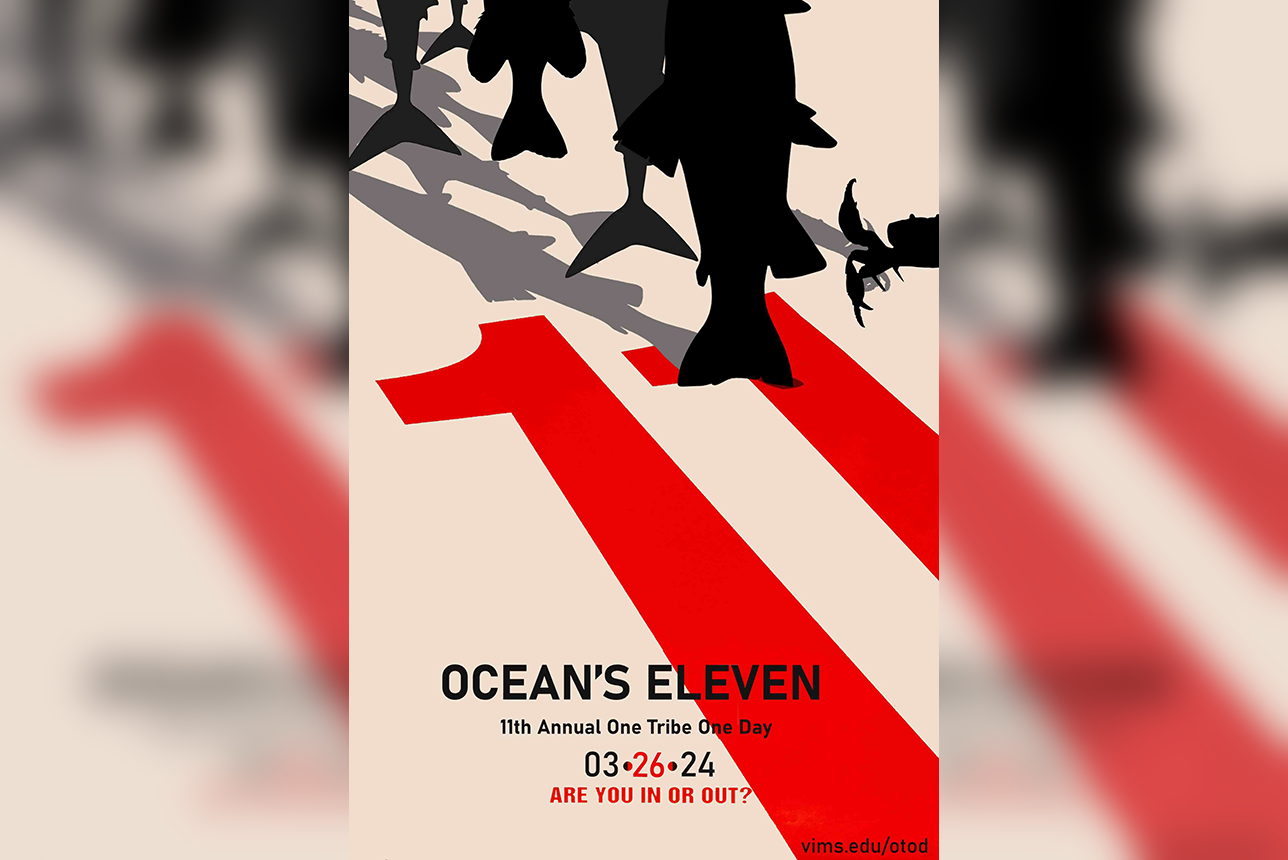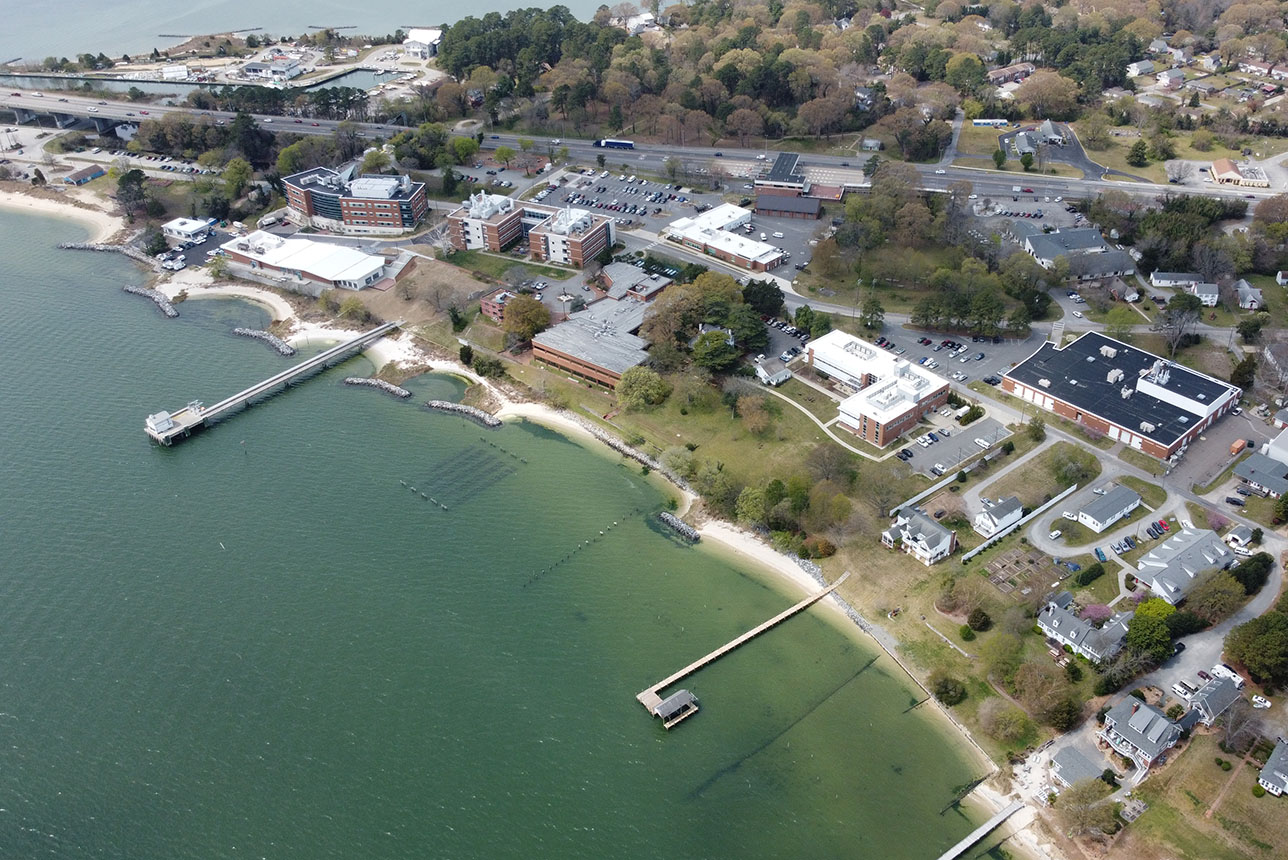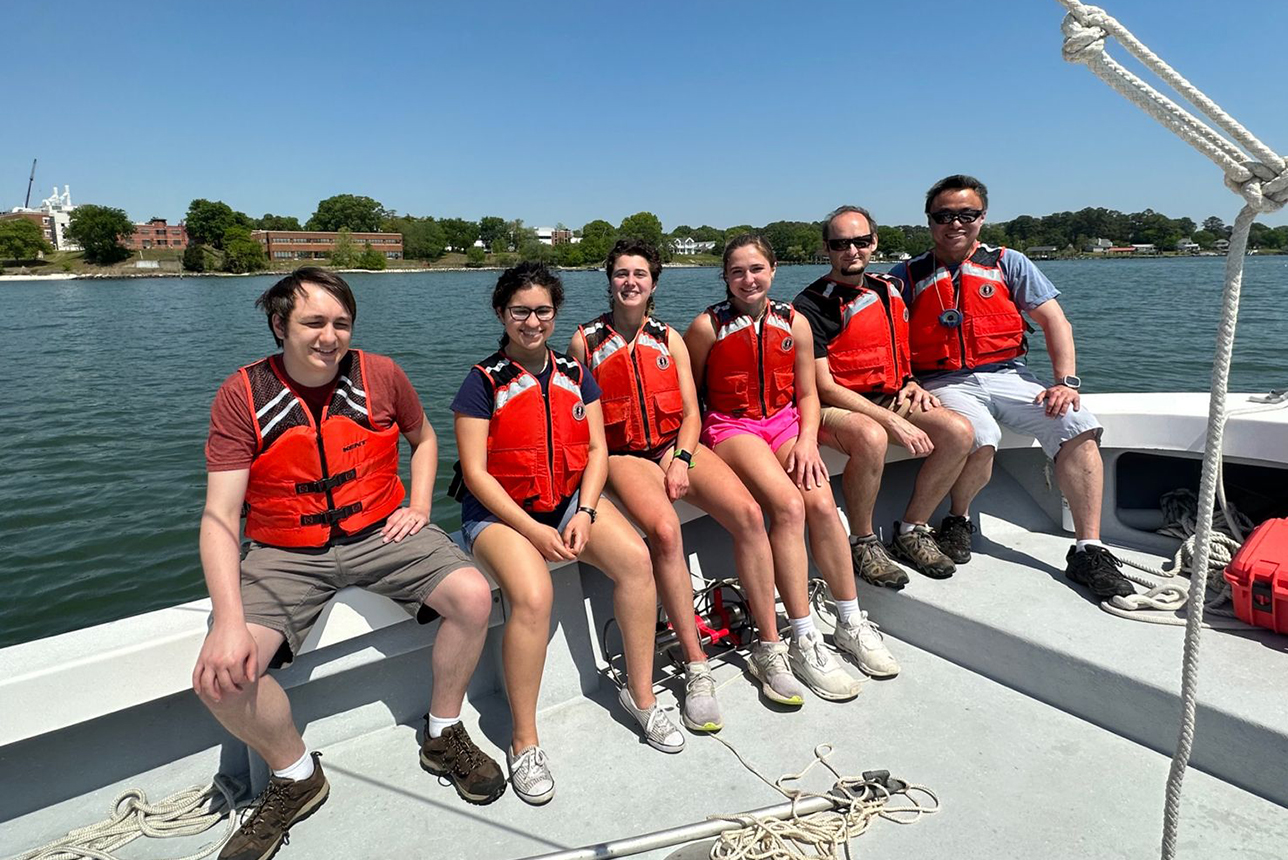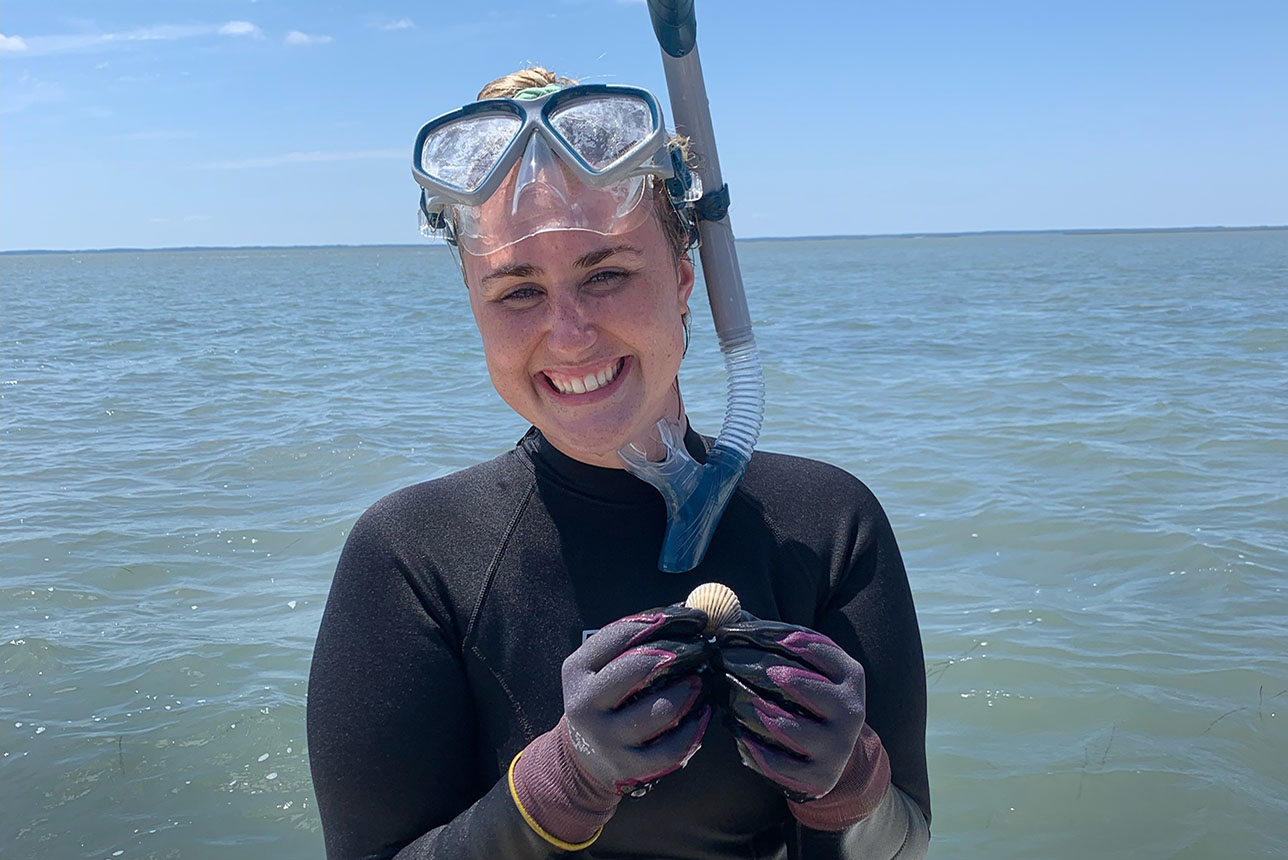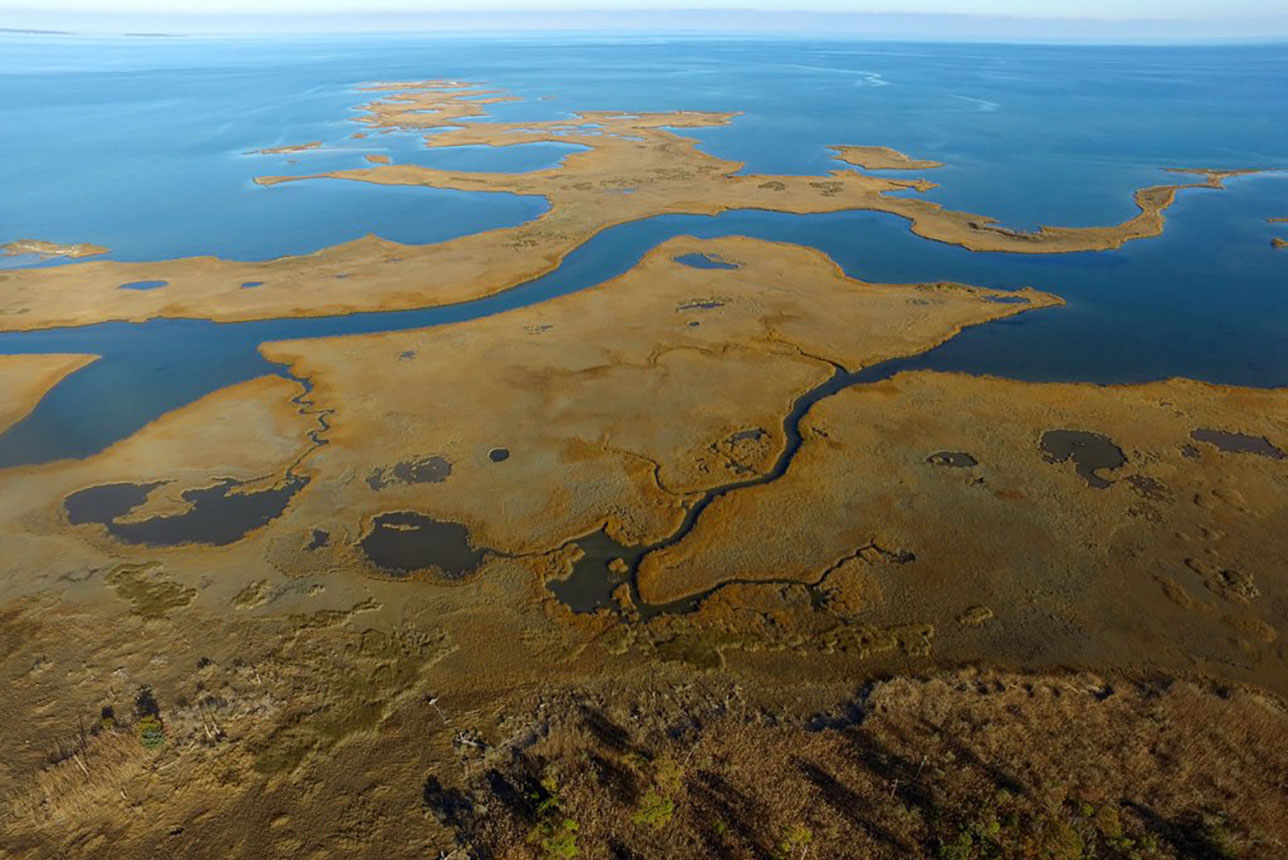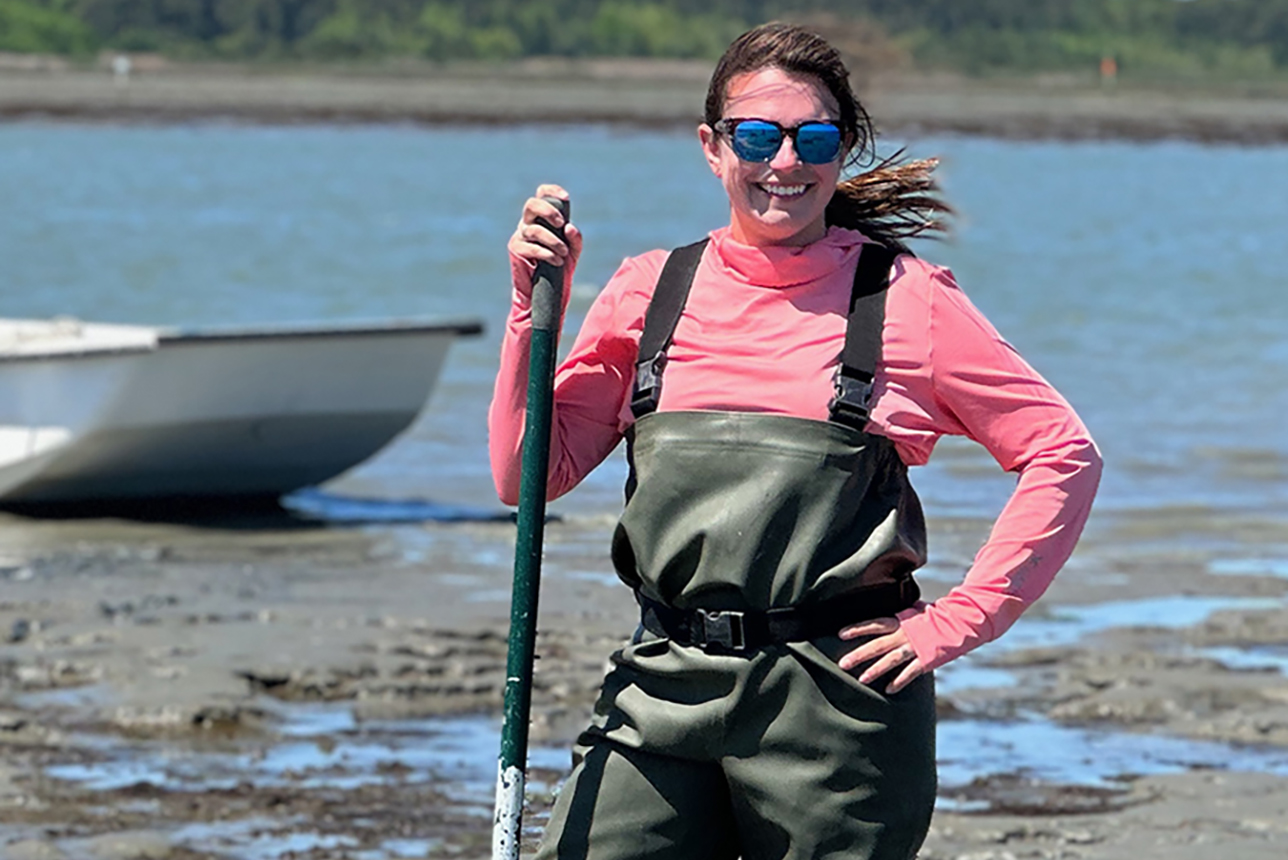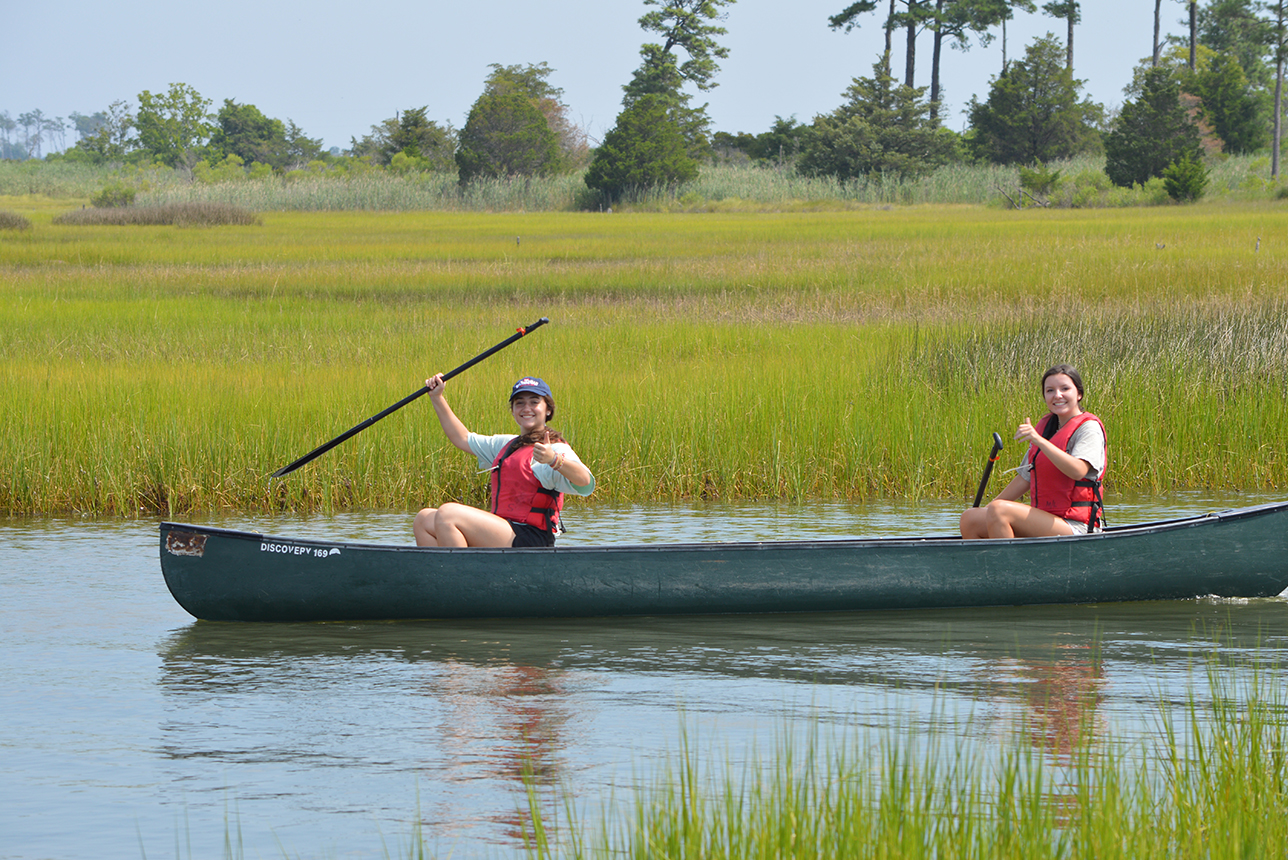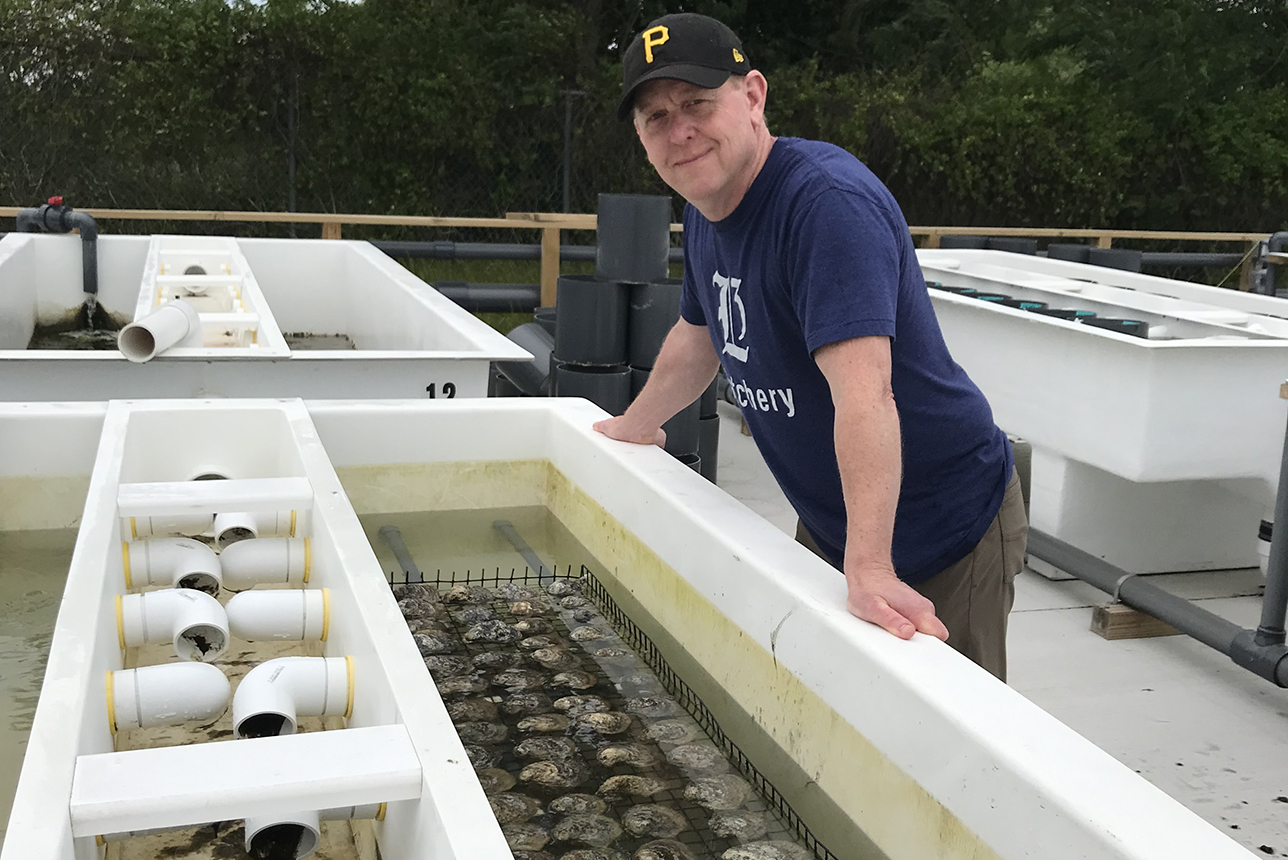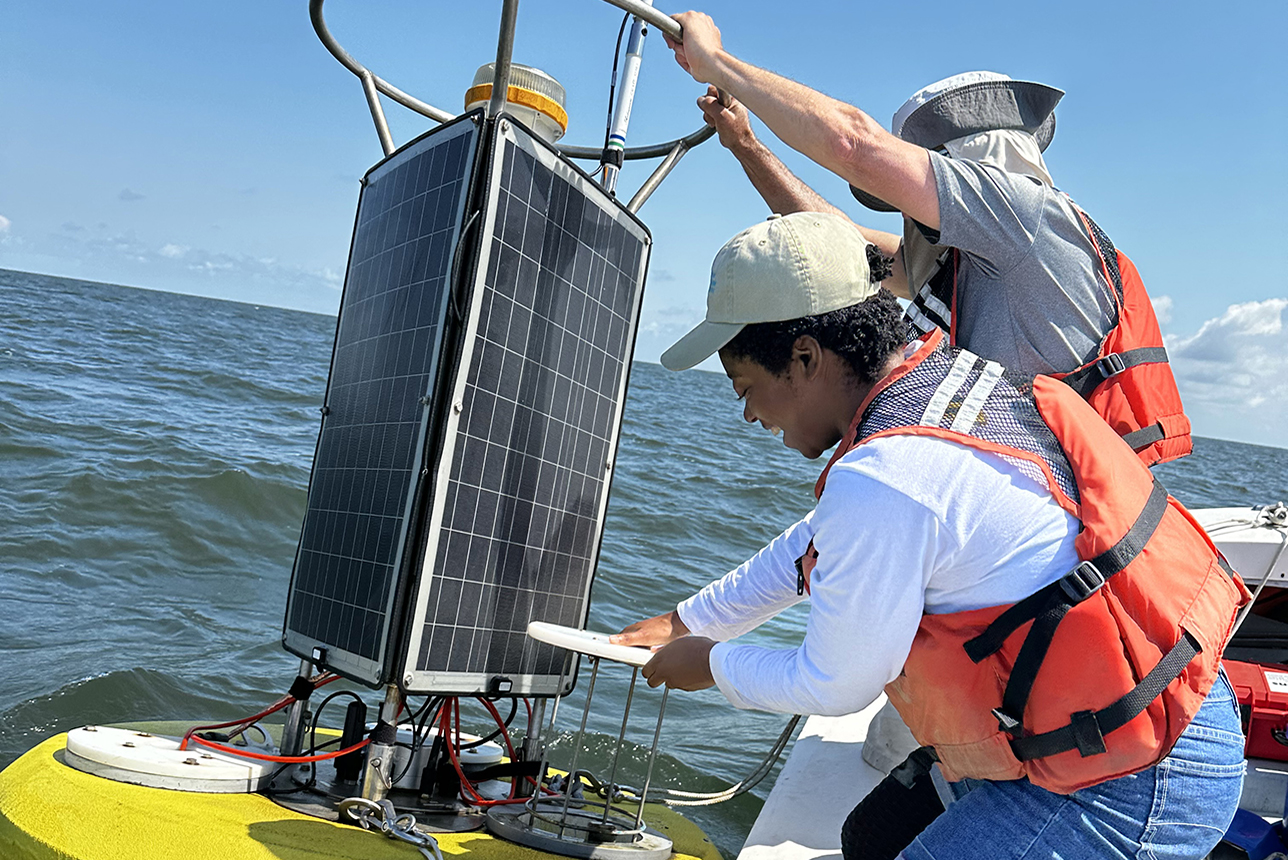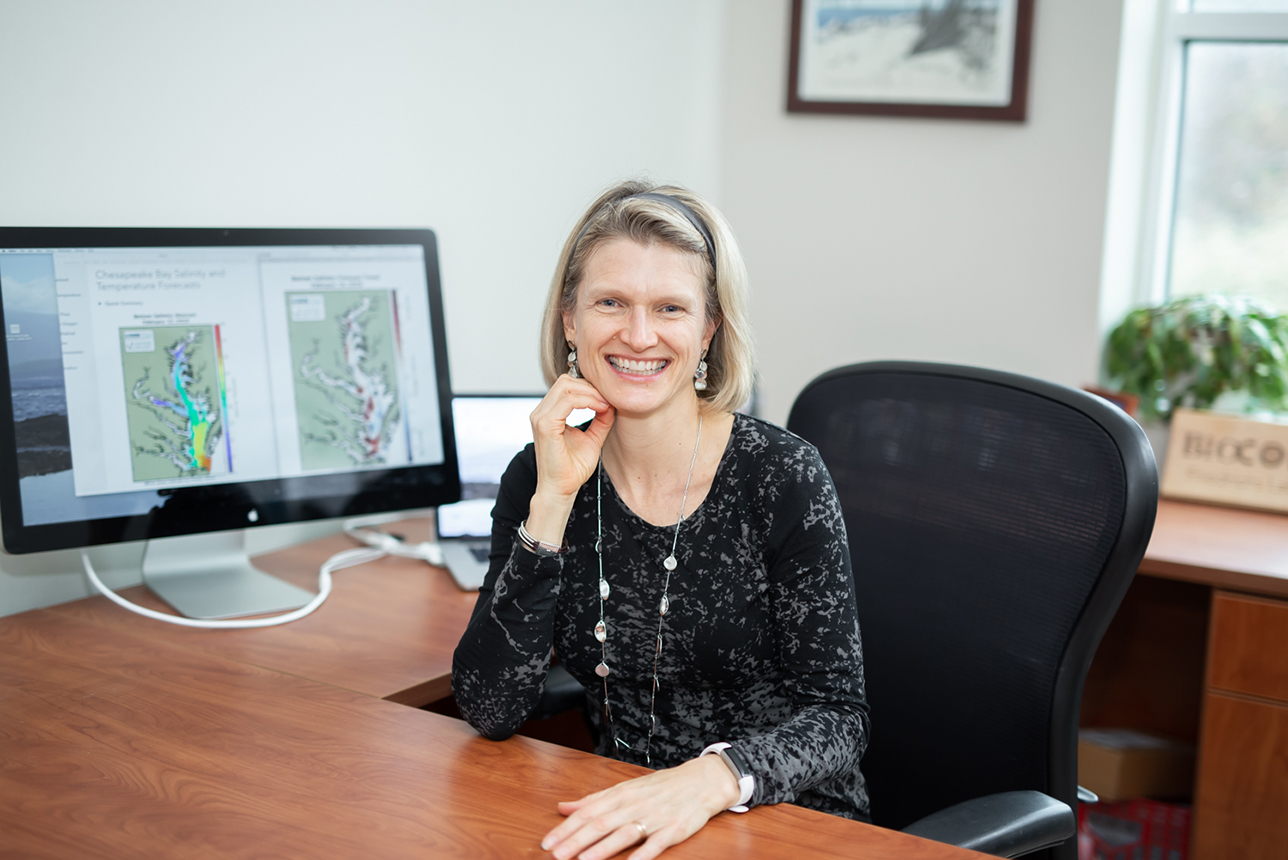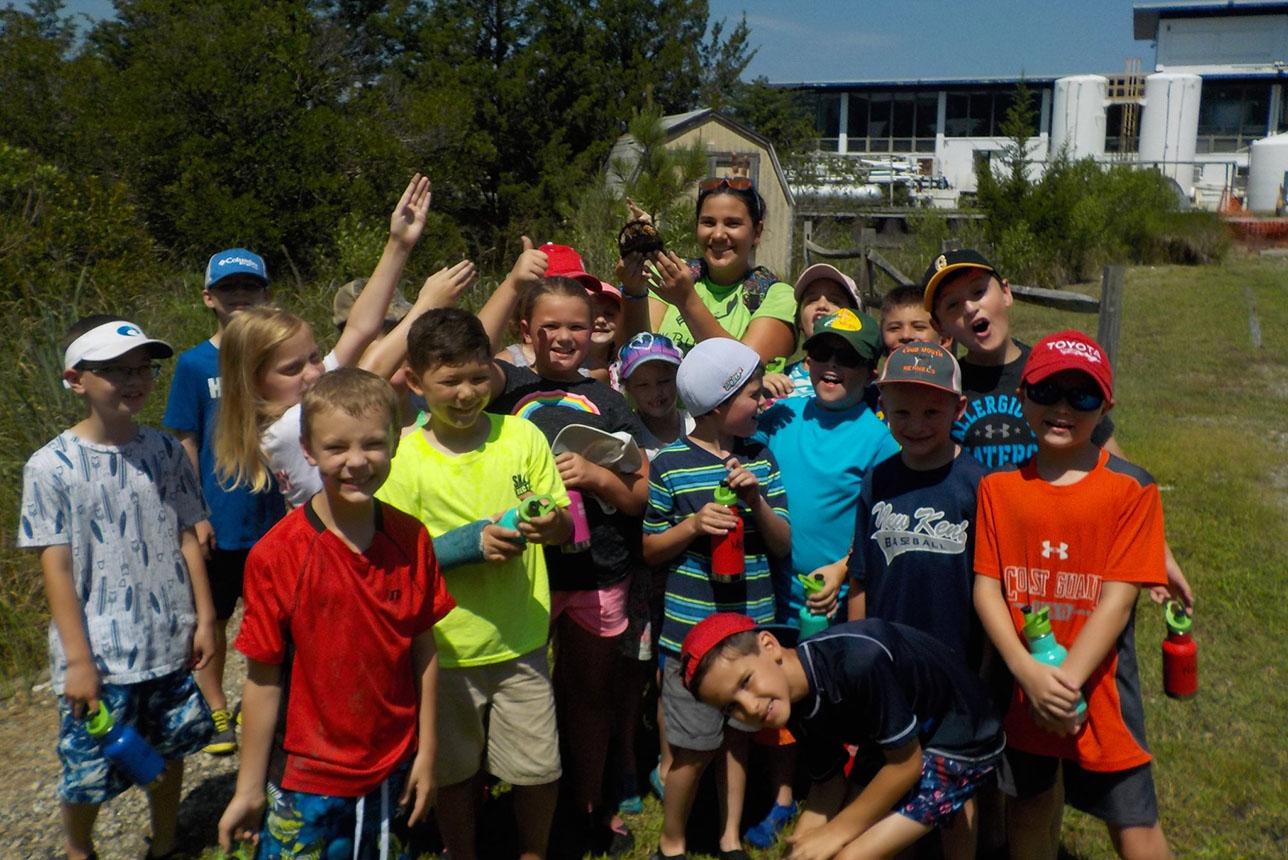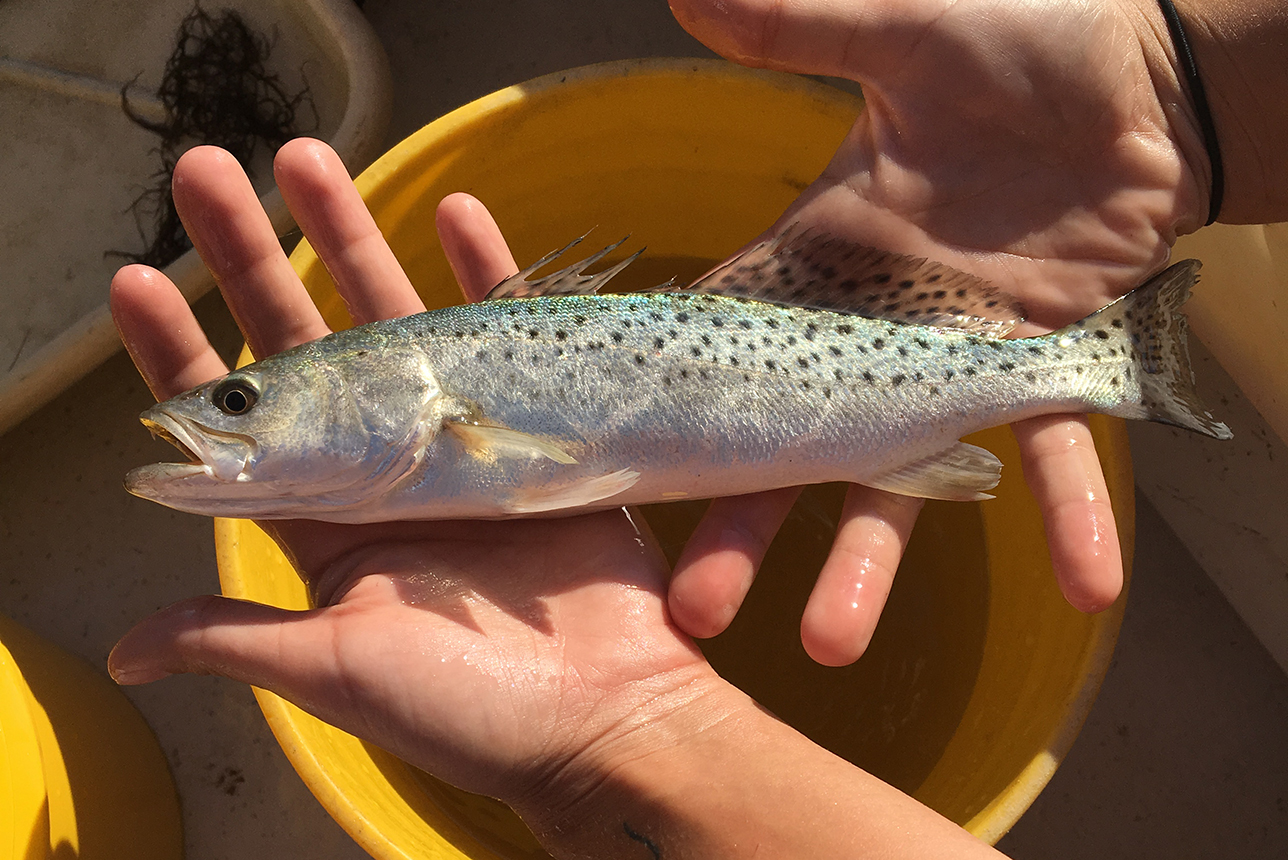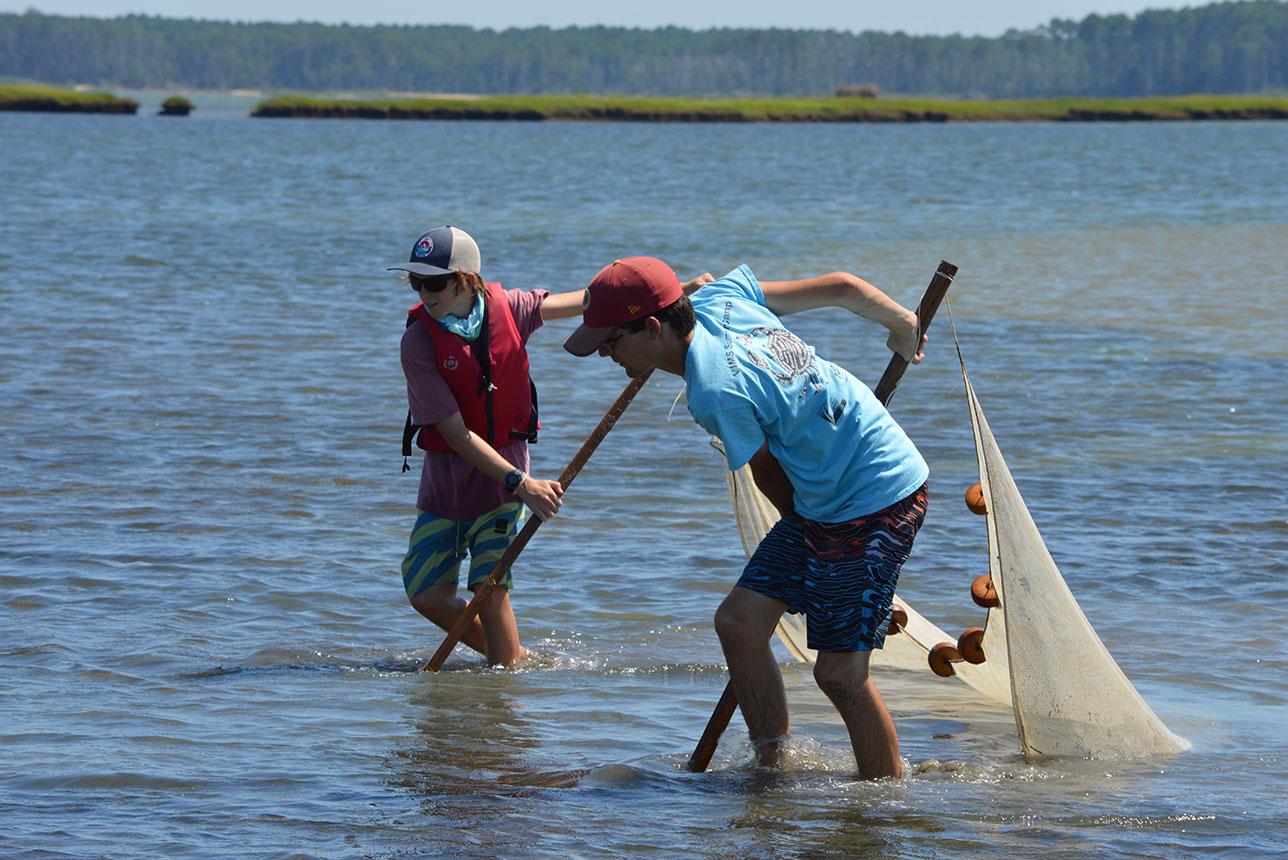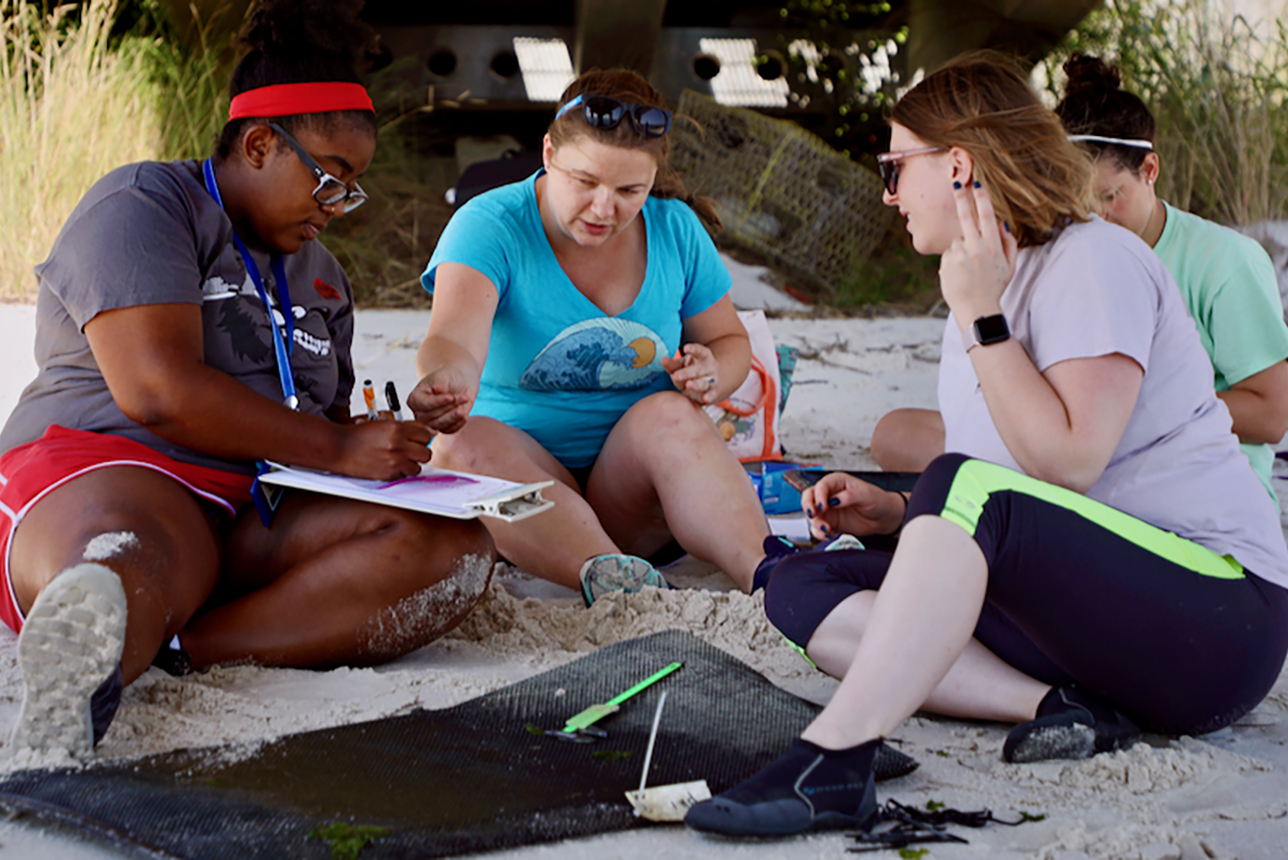One Tribe One Day
March 26th, 2024
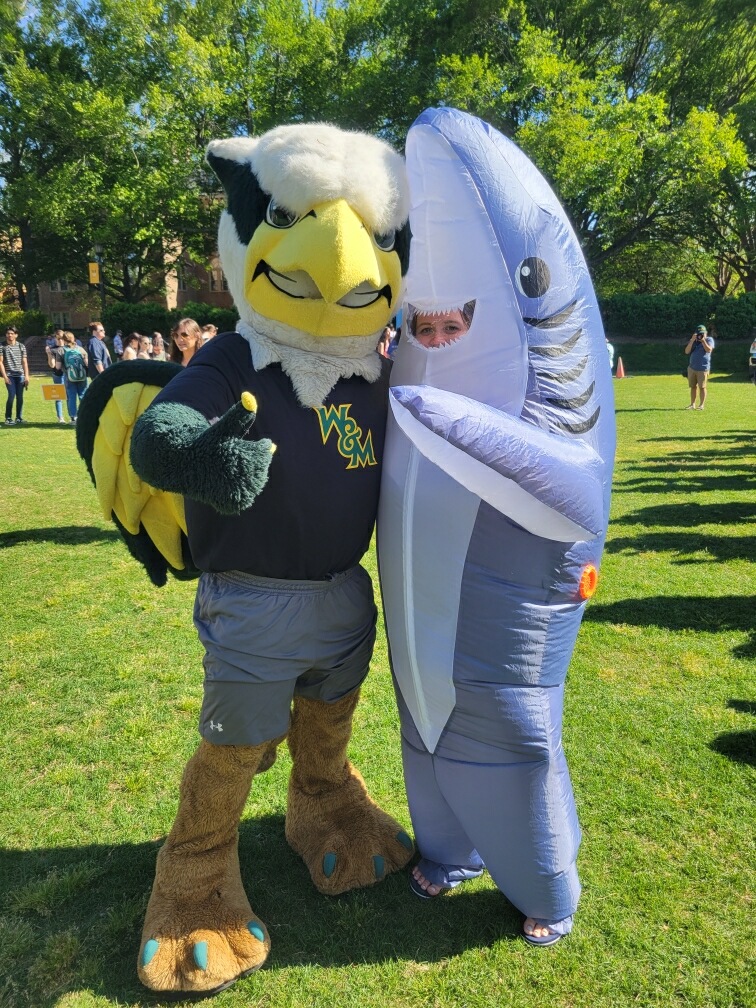
On the 11th anniversary of One Tribe One Day (OTOD), William & Mary’s annual day of giving, your gift to VIMS makes a difference in supporting our essential research into the marine environments and coastal communities that we love and in which we live, work, and play.
Your OTOD gift will help unlock an additional $100,000 for the VIMS Impact Fund (made possible by generous gifts from VIMS Foundation Board members).
Your gift will make a difference, no matter the amount!
Because of friends and supporters like you, VIMS can continue our important work making new scientific discoveries, educating the next generation of marine researchers, and informing policymakers and practitioners.
